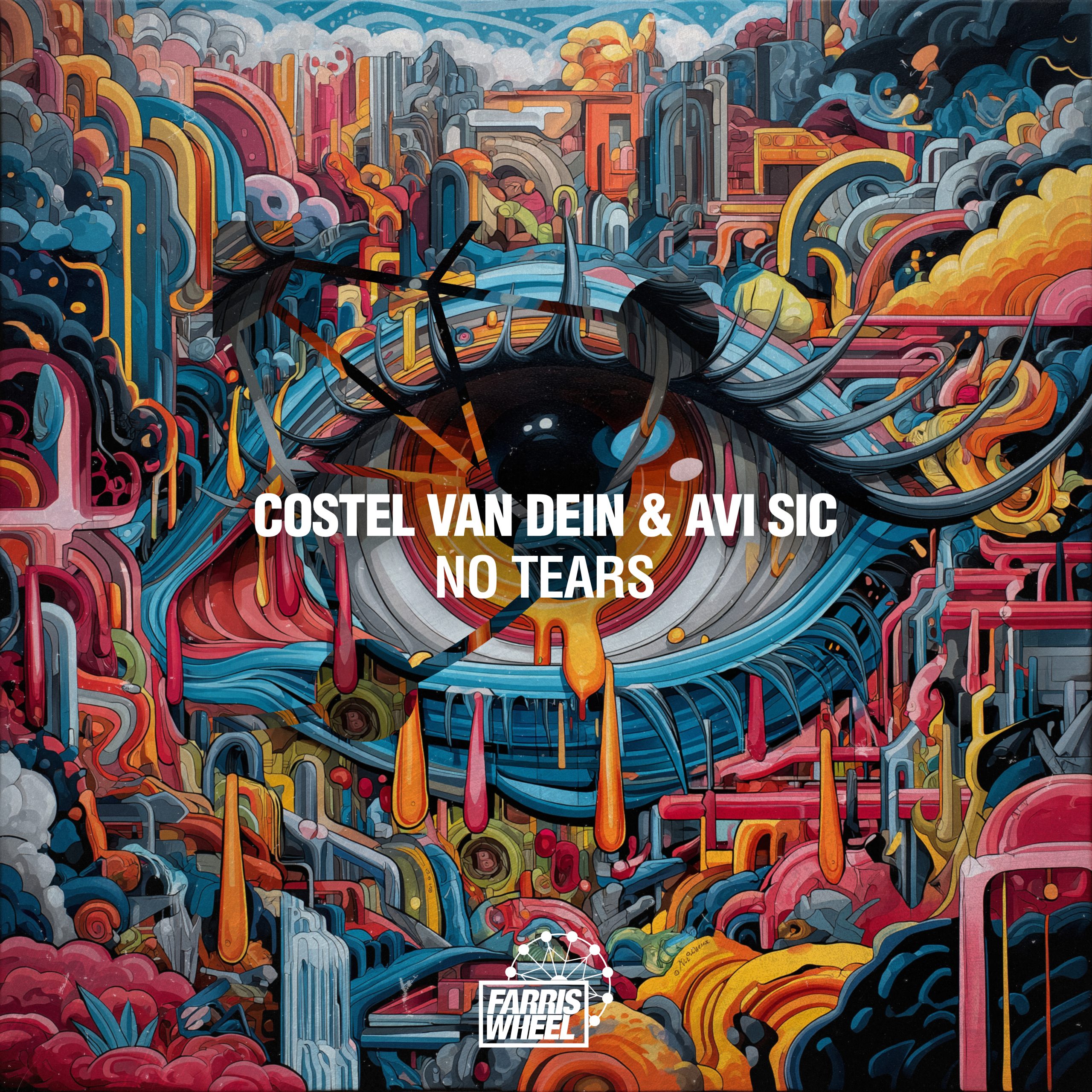
Massive Attack commissioned the production of a carbon roadmap with measurable targets that the music industry could adopt to meet the demands of the Paris Agreement on climate change. Scholars of the Tyndall Centre for Climate Change Research fabricated that roadmap in which they outline “super-low carbon” touring practices. They argue that changing touring practices is necessary to make the live music sector more sustainable and keeping the rise of global warming under 1.5 °C.
Massive Attack’s recommended carbon emission targets for the music industry address energy use in buildings and outdoor events, non-energy consumables, as well as travel for the crew, equipment, and audience. Emissions from indoor venues should be reduced to zero by 2035 and significantly reduced at outdoor shows. Surface travel aims at zero emissions by 2035 and air traveling is to be limited to less than 80% of the 2019 level.
In a press release, Massive Attack member Robert del Naja (3D) and Director of Tyndall Manchester Professor Carly McLachlan call for a cross-industry collaboration that includes political decision-makers. Robert del Naja said
“What matters now is implementation. The major promotors simply must do more – it can’t be left to artists to continually make these public appeals.” On the same note, McLachlan stresses that “this starts from the very inception of a tour and requires the creativity and innovation of artists, managers, promoters, designers and agents to be unleashed to establish new ways of planning and delivering live music tours.”
Consequently, practices for carbon reduction recommended by Massive Attack outline actions for venues, equipment manufacturers and suppliers, artists, and other touring staff, as well as local and national governments. Those practices include:
- Planning tours in a way that minimizes travel and transport
- Avoiding flying and eliminating private jets
- Including public transport travel in the ticket price
- Using renewable energy sources on-site
- Using energy-efficient lighting and sound equipment
- Using electric vehicles and trains to travel between venues
- Performing at venues that are taking action to reduce their building energy use
Massive Attack’s urgent appeal to reduce carbon emission across the music industry comes at a time where irreversible climate catastrophe is accelerating at full speed. The music industry has been among the hardest hit by the COVID-19 pandemic. But it has also been a time to reflect on what is to follow the pandemic. Many excellent examples of carbon-efficient practices are already in place; however, progress must be accelerated to make the industry more sustainable.
You can read the full “Super-Low Carbon Live Music” report here. It details all recommended targets and practices in length.
Image credit: Massive Attack press
You may also like...
-
Alesso captivates the crowd with energetic EDC Las Vegas set: Watch
by Norman Gillis · Published October 26, 2021
-
Looking back at Hardwell’s retirement 3 years later
by Billie Margot · Published September 8, 2021
-
Ibiza business leaders want to extend the season to November
by Ashley Norris · Published March 26, 2020























